
Very Tasty Squids, The Climate Crisis, and Japan’s Fossil Fuel Expansion in Indonesia
Japanese-funded Batang coal power plant threatens the livelihoods of communities in Indonesia.
Read the latest insights and analysis from the experts at Oil Change International.

Japanese-funded Batang coal power plant threatens the livelihoods of communities in Indonesia.
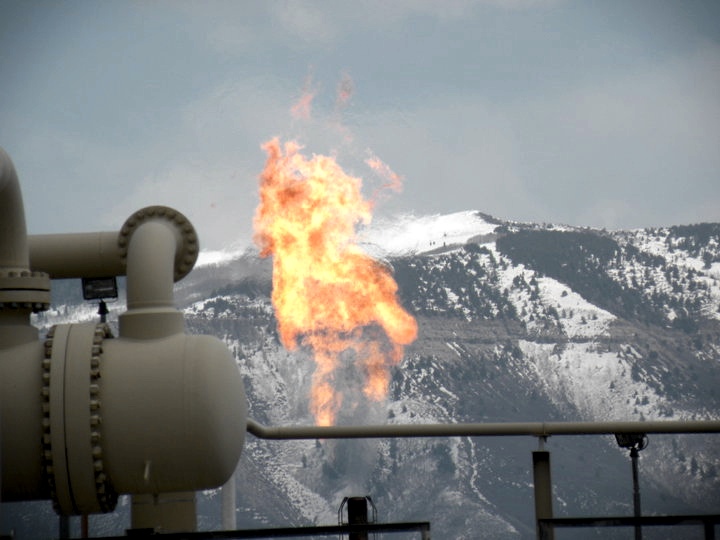
For eight years, the International Energy Agency (IEA) has presented research indicating that oil and gas companies can reduce their prolific methane emissions cost-effectively. For eight years, oil and gas companies have failed to do so.
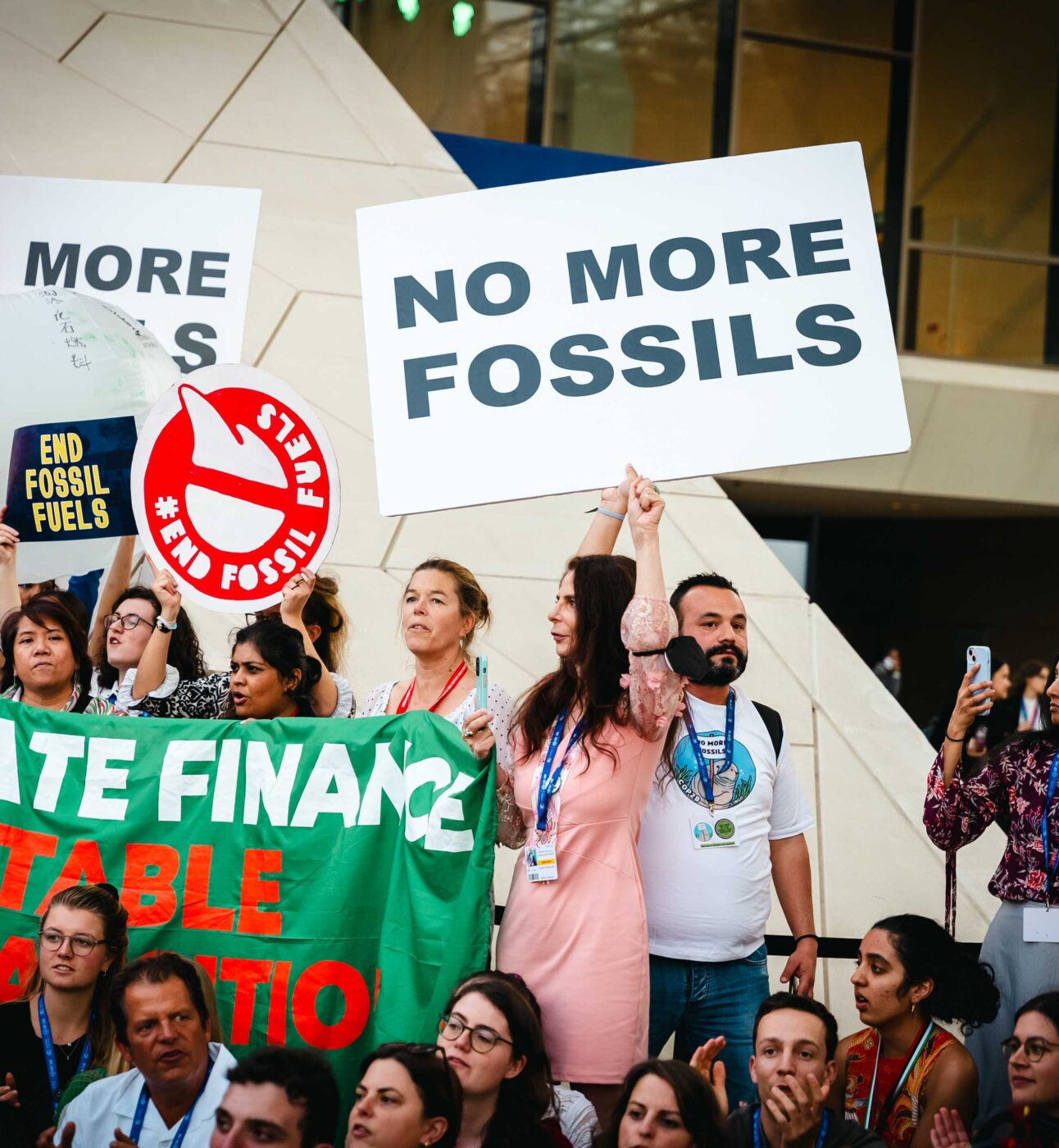
Four Global North countries - the United States, Canada, Norway, and Australia - are responsible for nearly 70% of projected new oil and gas expansion from 2025 to 2035. If this oil and gas expansion is allowed to proceed, it would lock in climate chaos and an unlivable future.
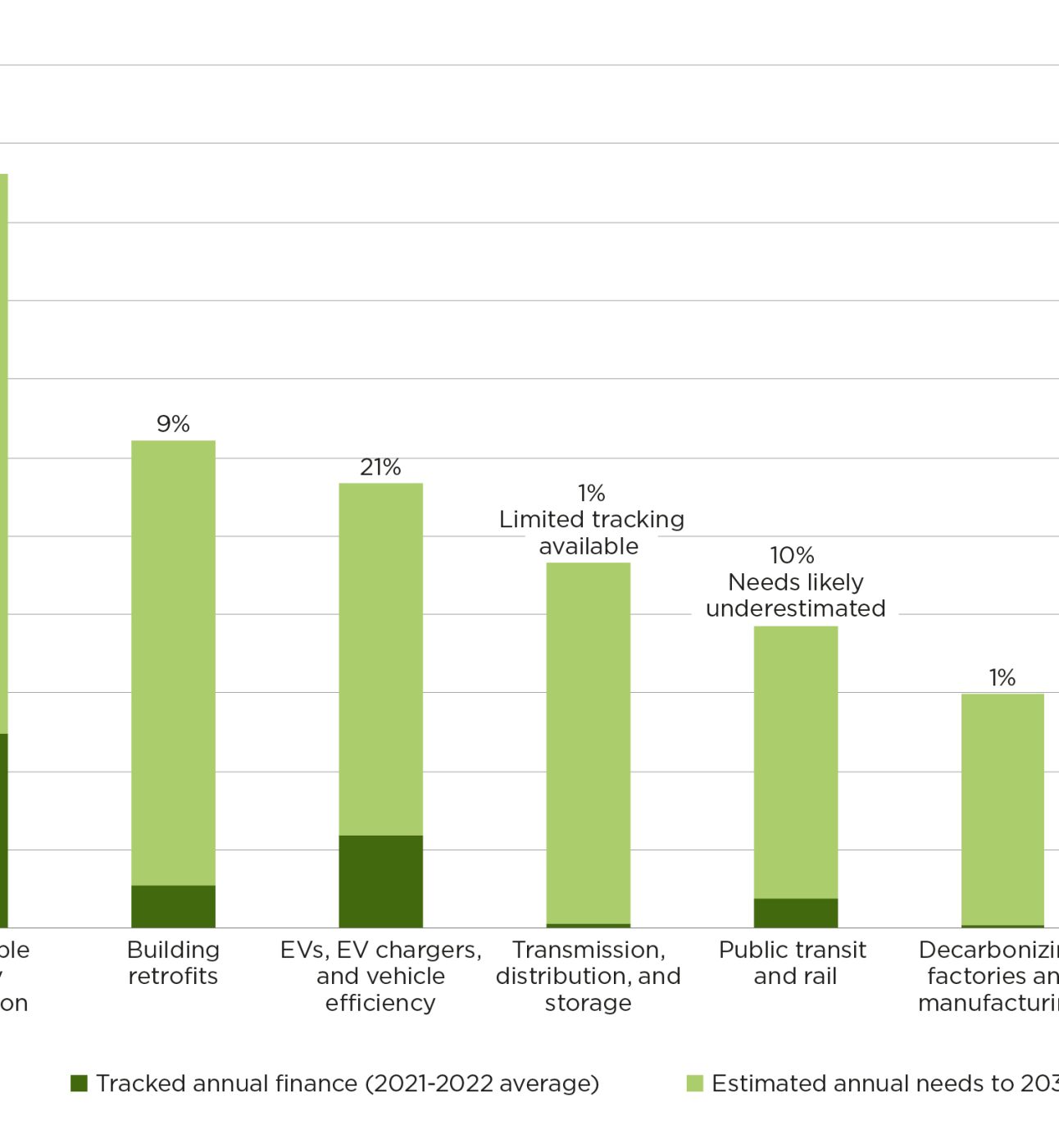
Our new analysis shows many governments and finance models overstate the role the private sector can play in financing a just energy transition. This is coming to a head with the deadline for a new climate finance goal (NCQG) at COP29, where rich countries are using this outdated myth to try to get off the hook to pay their fair share for climate action.
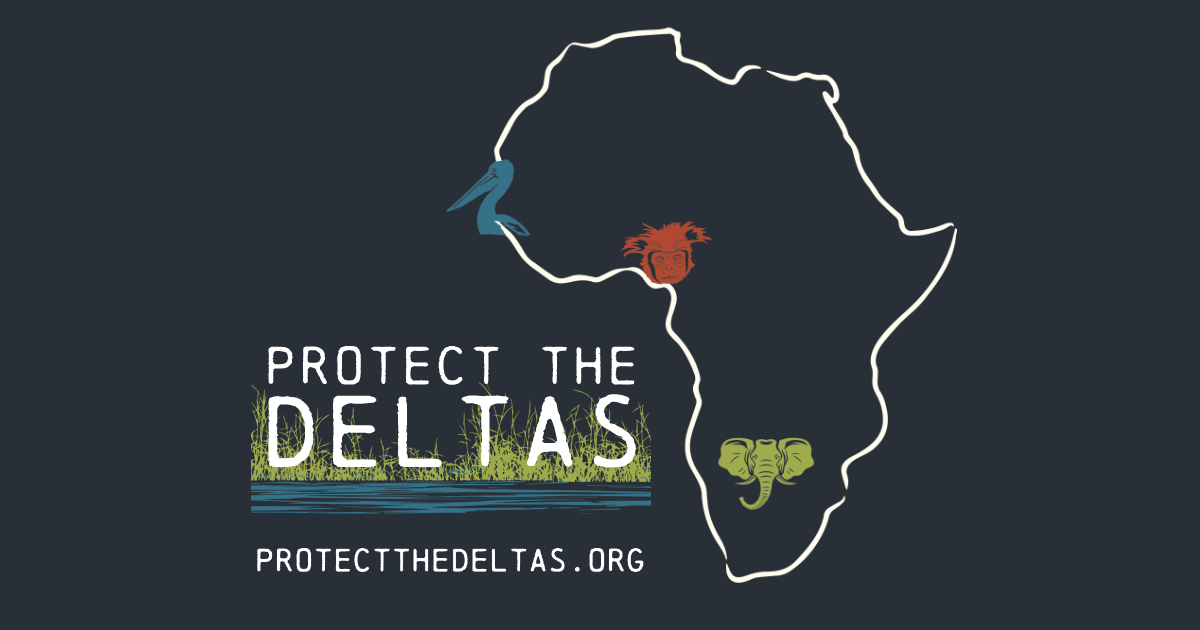
A Norwegian oil firm's investment in controversial exploration near Botswana's Okavango Delta has sparked outrage across Scandinavia. In July 2024, the Norwegian oil and gas company BW Energy announced a partnership with the Canadian firm ReconAfrica to drill for oil in the watershed of the Kavango basin of Namibia, threatening the iconic upstream Okavango Delta of Botswana, a UNESCO World Heritage Site in Southern Africa.

Israel’s government relies on Chevron to extract the rich supply of gas off its coast, making money for a government actively perpetrating a genocide against the Palestinian people. And Chevron relies on Israel – Israel will be Chevron’s third largest source of gas globally over the next twenty years.

Litigation can make or break fossil fuel expansion. As governments fail to meet climate and human rights obligations and spend billions in taxpayer money supporting fossil fuel production, courtrooms are busier than ever settling climate disputes and issuing crucial advisory opinions clarifying States’ obligations.
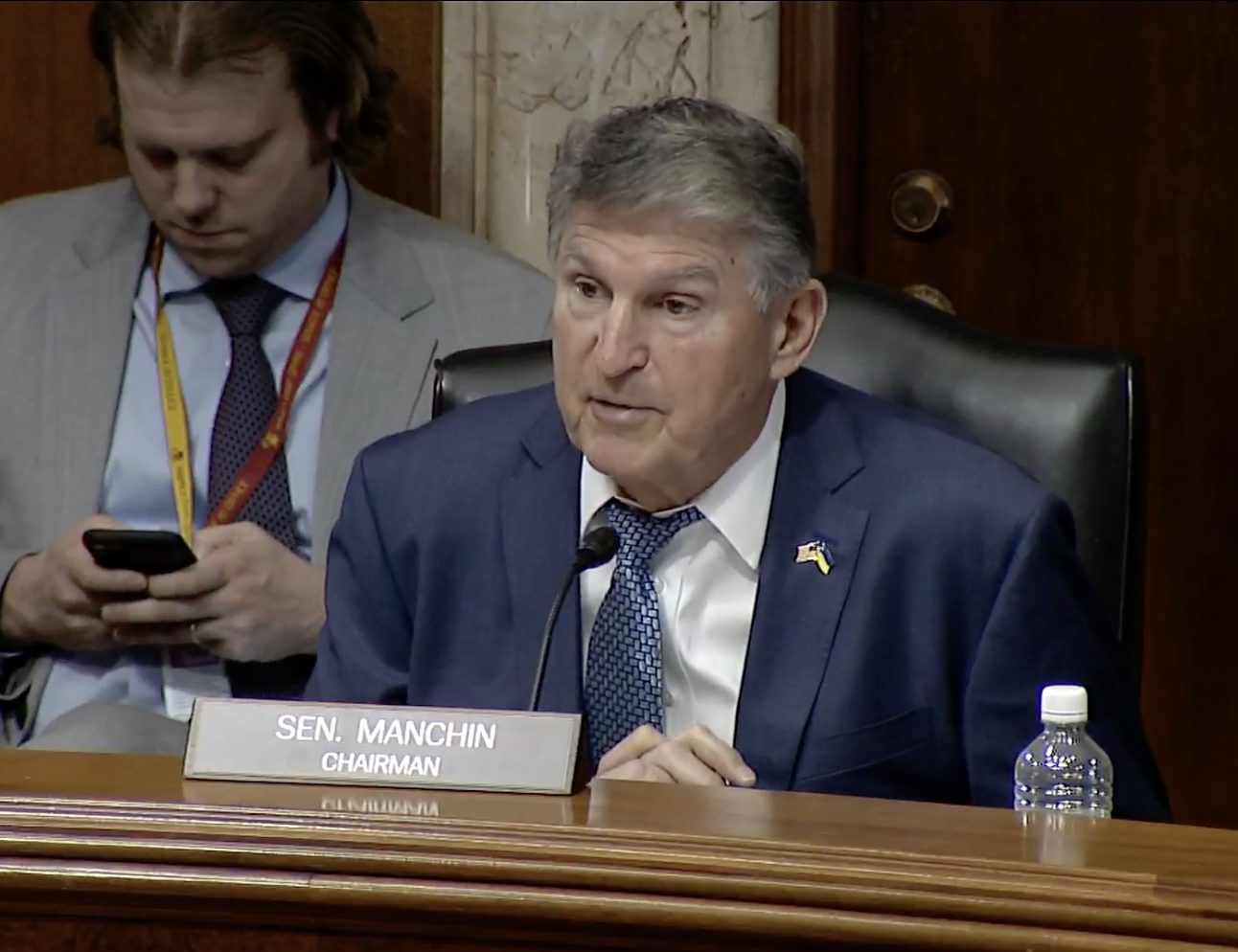
While Manchin and his industry allies spread tired old myths about America saving the world from Putin and Chinese coal plants, the reality is the energy transition is already moving away from gas faster than most people think. That action needs to focus on a phase-out of all fossil fuel exports and protections and reparations for the frontline communities.
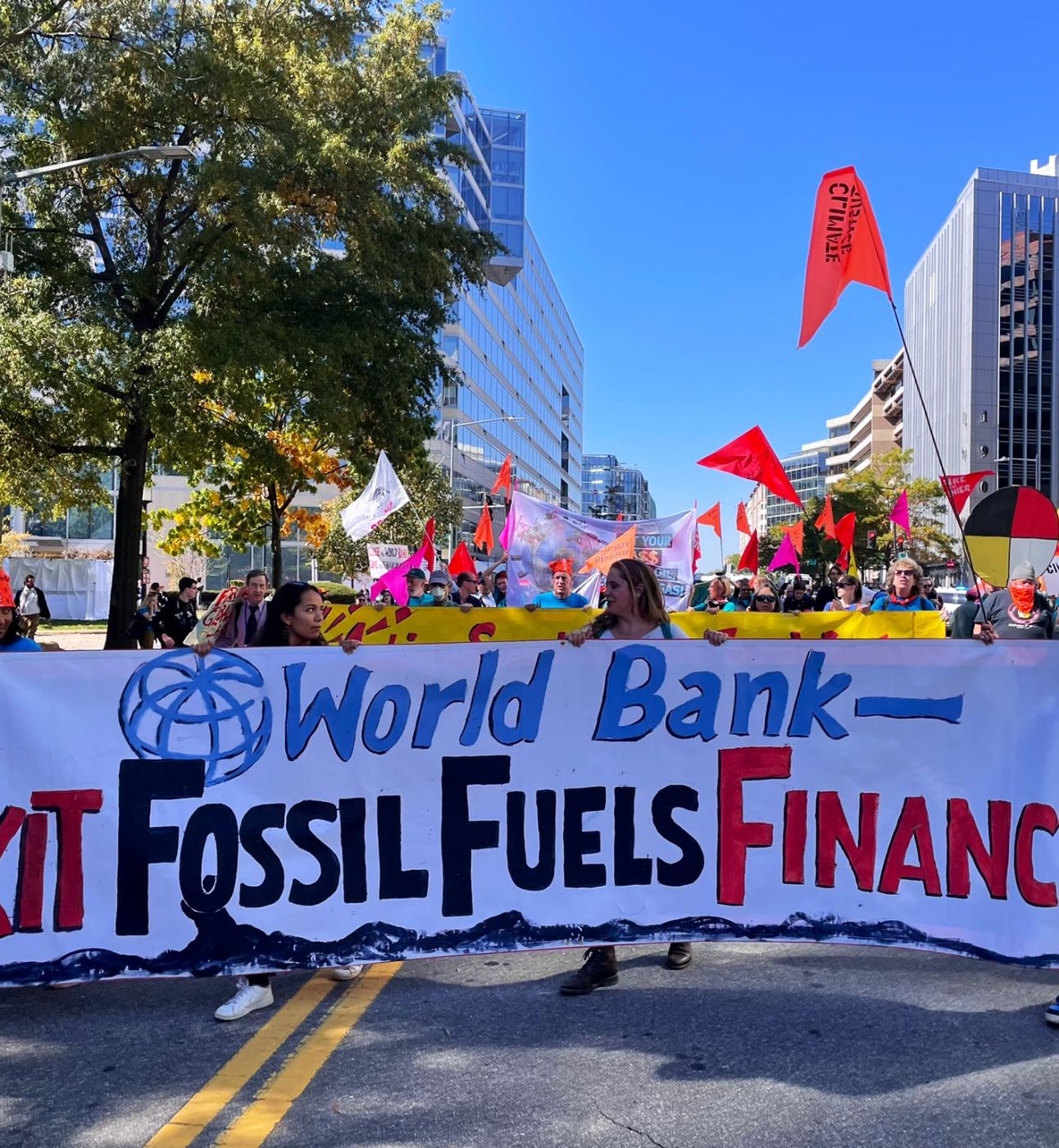
As communities face rising debts and rising seas, pressure from people-powered movements has put global financial architecture reform on the multilateral agenda for the first time in decades. This is desperately needed, as our current international monetary, trade, tax, and debt rules are limiting how much funding is available for climate action.
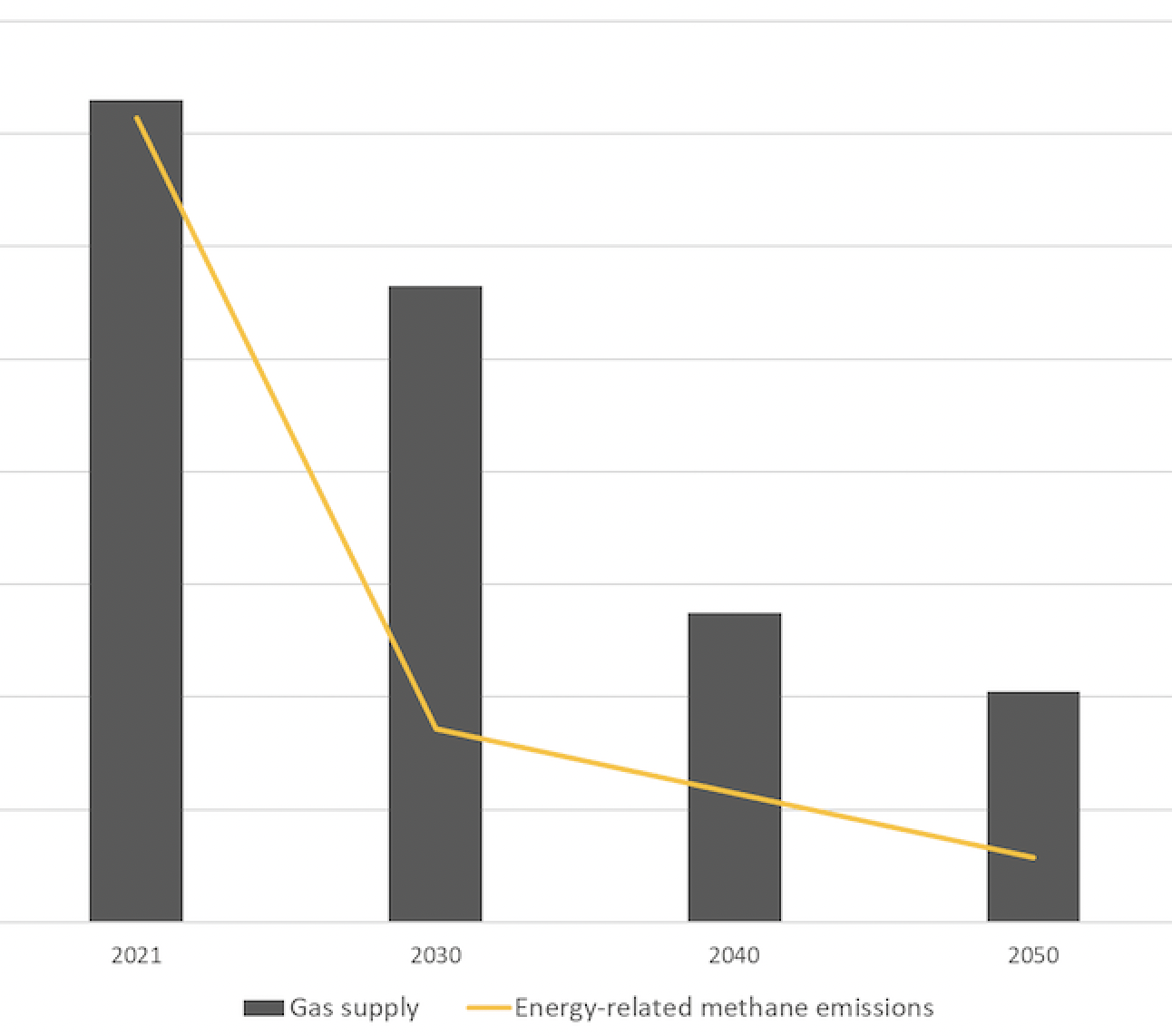
It is clearer than ever that the climate crisis requires a rapid and managed phase-out of fossil fuel production. Reducing the wasteful practice of emitting methane into the atmosphere does not give the gas industry a pass. They need to clean up and wind down. And they need to start now.